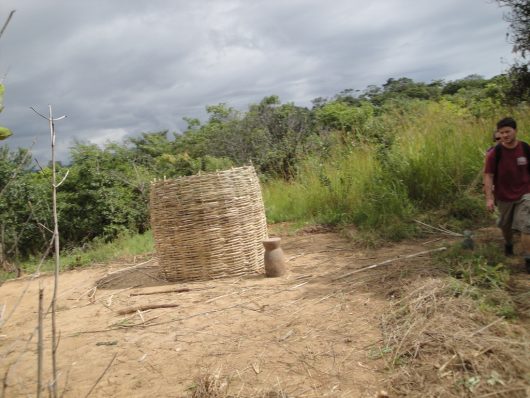Mining in Malawi: Understanding the Conflict

The relationship between the mining industry and the country of Malawi is burdened with complexity. Mining in Malawi promises substantial economic growth, yet it simultaneously has the potential to violate human rights and destroy the natural ecosystem.
Malawi profits through the mining industry, as the country is rich in economic deposits of uranium. Both Malawian granite and sandstone host uranium reserves, such as the Karoo sandstone in Karonga, Malawi.
The district of Karonga lies on the northwest side of Lake Malawi. Lake Malawi is one of the only freshwater lakes on the entire continent of Africa and is a key source of livelihood for over 1.5 million Malawians.
While clearly rich in resources, the country itself is impoverished. Due to this, the government has signed many agreements with extraction companies, hoping to increase exports.
Some national organizations are concerned about the mining industry’s effect on the precious and fragile ecosystem of Lake Malawi, yet the government has prioritized economic interests.
In 2007, a subsidiary of Paladin Energy took interest in Karonga due to a uranium deposit in the district. Due to the immense economic potential of the mine, called Kayelekera, the government agreed to let Paladin extract uranium in 2009. The government was issued 15 percent equity in the subsidiary.
As expected, the mine stimulated a crucial boost to the country’s foreign currency account. Over the following 10 years, the uranium industry overall is expected to raise Malawi’s GDP by 10 percent, account for 30 percent of exports and increase exports by 25 percent.
Due to company promises, many people in Malawi flocked to Karonga, hoping the uranium industry would generate employment, build clinics and increase general infrastructure in the new mining community.
Others, however, were not adequately informed that uranium mining was going to take place around their homes. None were aware that the Kayelekera mine would disrupt their entire way of life.
Reporters from Human Rights Watch conducted research for a year in Karonga, interviewing nearly 80 villagers who had been affected by uranium mining. They found that the general lack of government oversight and corporate responsibility harmed Malawians.
The construction of the Kayelekera mine caused villagers to be evicted from their homes. Many were only notified of the relocation at the last minute. Without any time to find other places to stay, these Malawians found themselves temporarily homeless.
While Paladin did offer compensation for the forced removal, the sum was insufficient to completely cover the cost of buying new land and building a new home. The company offered about MWK 50,000 to each family, which currently equates to about $70.
The uranium mining in Malawi damaged maize crops, dried rice fields and destroyed irrigation channels. As most of the villagers around Karonga live off of subsistence farming, threatened agriculture endangers survival.
Secrecy around the operations of the mine led to Malawian suspicion. When the people in Karonga asked the corporation to test the water for contamination, Paladin claimed to have a monitoring system in place. The company then refused to release any results. This lack of transparency has left many villagers concerned for their health.
As the laws surrounding mining in Malawi have not been updated since the Environmental Management Act of 1996, amendments are well overdue. In order to protect the interests of its citizens, the government of Malawi needs to strengthen regulations over extractive corporations, educate its people about the risks of mining, enforce institutional transparency and take measures to mitigate any damage.
The Kayelekera mine was closed in 2014 for repairs, yet the uranium industry in Malawi is just beginning. Moving forward, the Malawian government needs to enforce corporate responsibility on all companies who wish to extract natural resources from their country.
This conflict over mining in Malawi ignites fundamental questions over the delicate balance between economic development and social responsibility. With a more comprehensive legal framework, the government of Malawi may not have to choose one or the other. After further reform, the government can protect its people while simultaneously fostering social, institutional and economic development.
– Larkin Smith
Photo: Flickr
